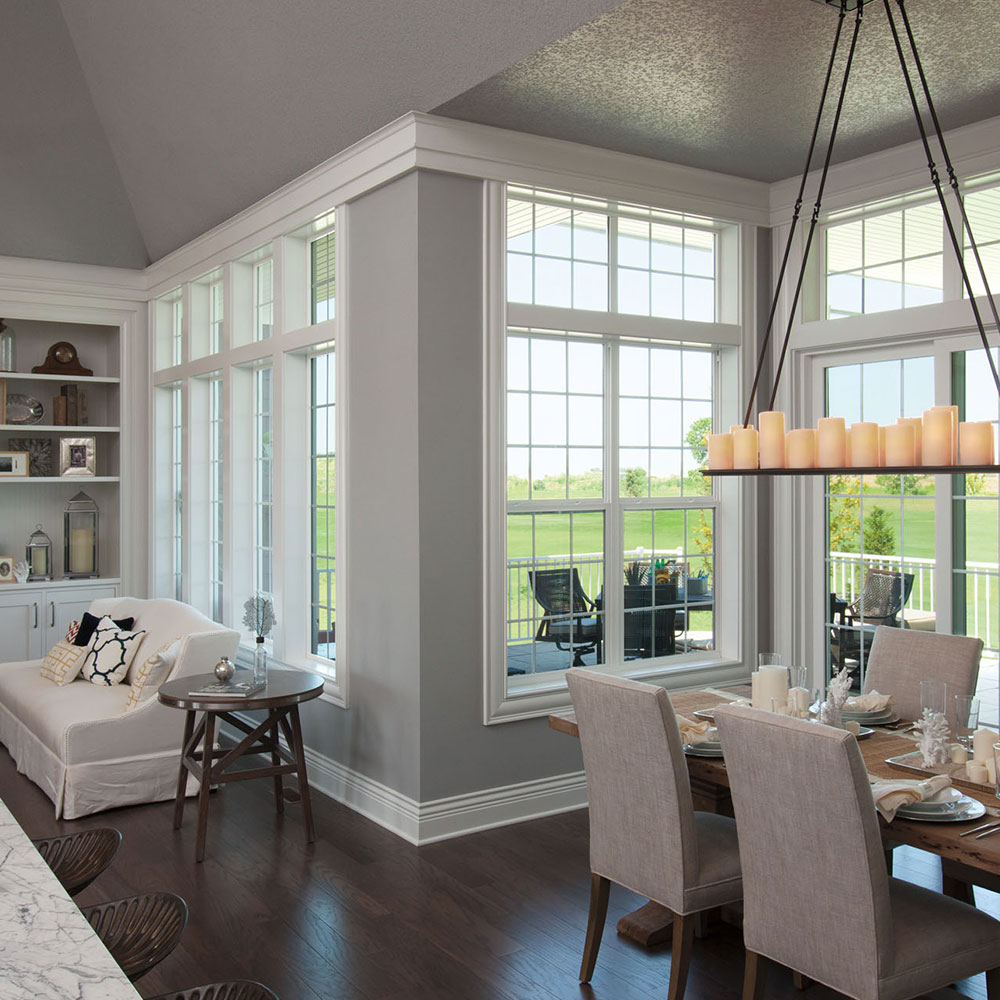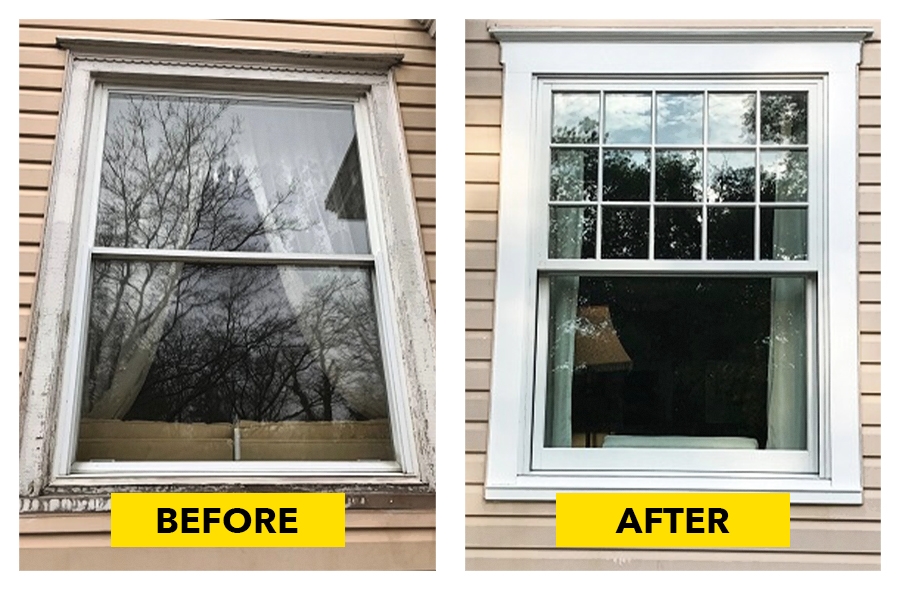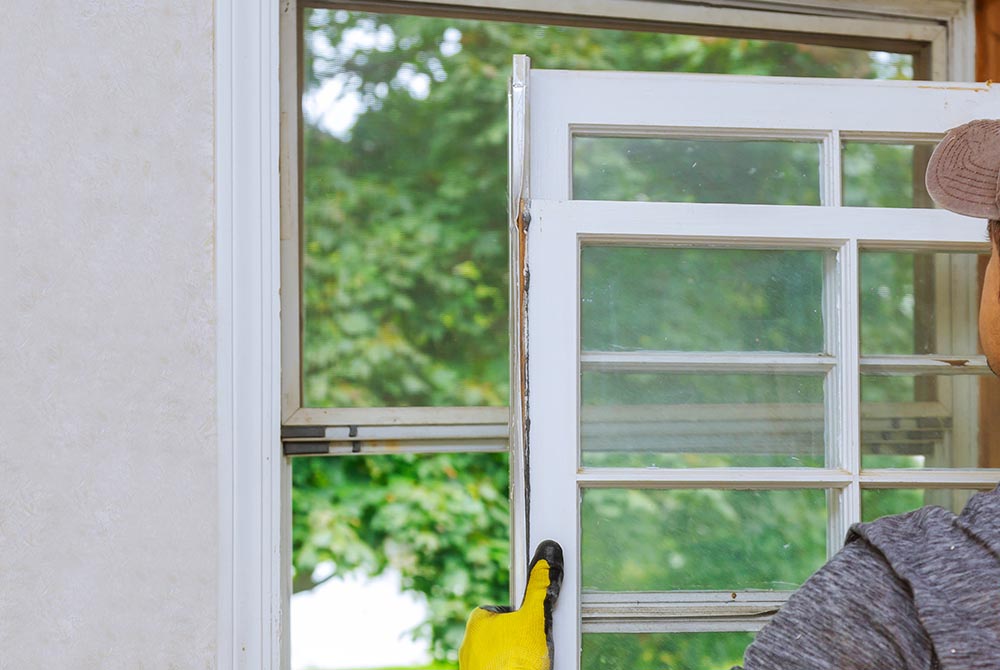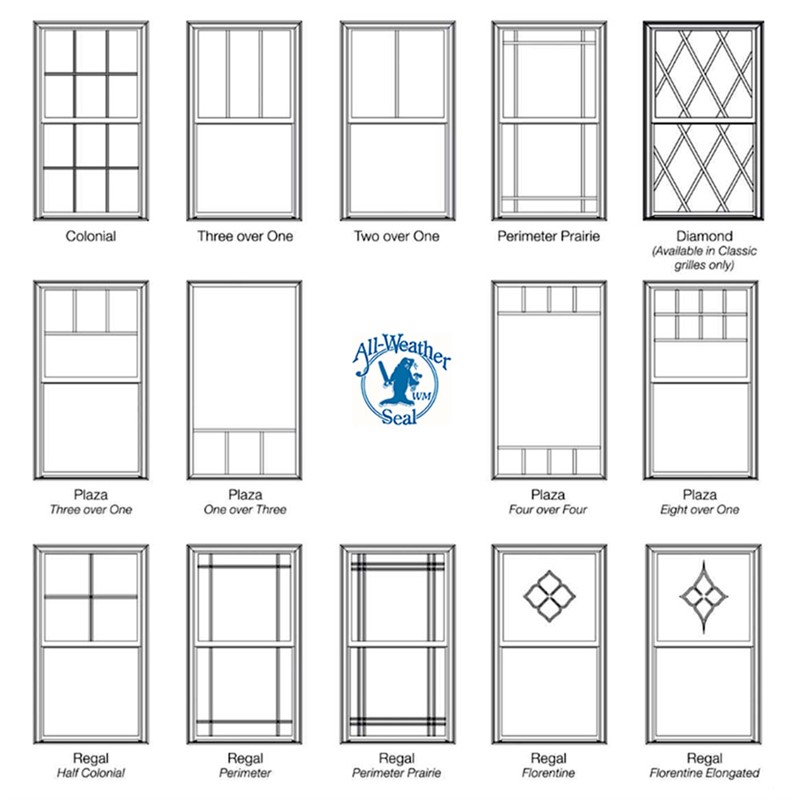High-Quality Window Replacement Solutions in Your Area
High-Quality Window Replacement Solutions in Your Area
Blog Article
Upgrade Your Home With Energy-Efficient Window Substitutes
In the realm of home improvement, the decision to update to energy-efficient window replacements can substantially affect both the capability and looks of a residence (window replacement). As homeowners look for methods to enhance the performance and sustainability of their home, the choice of windows plays an essential function in accomplishing these objectives. Past the surface level of plain visual appeals, energy-efficient windows provide a plethora of benefits that exceed plain aesthetic appeal. With a careful option procedure that takes into consideration numerous elements, from glass types to installment methods, beginning on this home upgrade trip can prove to be a transformative endeavor.
Benefits of Energy-Efficient Windows

The installation of energy-efficient home windows gives substantial cost savings on utility costs while improving ecological sustainability. Energy-efficient home windows are designed to decrease warm loss and gain, lowering the requirement for heating and cooling systems to burn the midnight oil. By efficiently protecting the home, these home windows assist preserve a comfortable interior temperature year-round, leading to lower power intake and reduced utility costs. Furthermore, energy-efficient windows can assist regulate moisture levels within the home, decreasing the risk of mold and mold development.
Beyond the economic advantages, energy-efficient home windows add to ecological sustainability by decreasing carbon exhausts connected with energy production. By reducing power usage, these windows assist alleviate the ecological impact of air conditioning, heating, and lights household spaces. This decrease in power usage plays a crucial duty in combating environment modification and advertising a greener future for generations to come. Generally, spending in energy-efficient home windows not only enhances the convenience and performance of a home but also lines up with environmentally mindful techniques.
Types of Energy-Efficient Glass
Numerous sophisticated sorts of energy-efficient glass deal distinct properties that satisfy various needs and choices in boosting the sustainability and effectiveness of structures. Low-emissivity (Low-E) glass is a popular alternative designed to minimize the amount of ultraviolet and infrared light that can pass through the glass, consequently lowering warm transfer. This sort of glass assists maintain a regular indoor temperature level, reducing the requirement for heating or cooling systems, and ultimately lowering power prices. Another cutting-edge option is spectrally careful glass, which permits visible light to go through while obstructing particular kinds of infrared radiation. This helps in maintaining a comfy interior atmosphere while reducing warmth gain. Triple-pane glass, being composed of 3 layers of glass with protecting gas in between them, offers enhanced thermal insulation, making it very energy-efficient. Additionally, self-cleaning glass with a special finish that damages down and loosens up dust when revealed to sunshine can lower upkeep demands and maintain home windows looking clean. Each type of energy-efficient glass offers unique advantages, permitting homeowners to choose one of the most ideal option based on their particular demands and goals.
Elements to Take Into Consideration When Picking
When pondering energy-efficient window substitutes, it is necessary to thoroughly assess certain aspects that align with your sustainability goals and desired power cost savings. The U-factor measures exactly how well the window shields, with lower numbers showing far better insulation, while the SHGC shows the window's capacity to obstruct warm from sunlight. By thoroughly evaluating these elements, you can choose energy-efficient windows that enhance comfort, lower energy expenses, and benefit the setting.
Setup and Upkeep Tips

Routine maintenance is crucial to protecting the efficiency of your energy-efficient home windows. Check the windows regularly for any kind of indicators of damages, wear, or sealant wear and tear. Clean the frameworks, tracks, and glass consistently making use my sources of light soap and water to get rid of dirt and gunk that can affect performance. Inspect the bespoke windows and doors weather-stripping and seals for any voids or rips and replace them if required to keep the windows' power performance.
Furthermore, oil relocating components such as joints and locks to ensure smooth procedure. By adhering to these setup and maintenance suggestions, you can improve the energy effectiveness of your home and extend the lifespan of your energy-efficient windows.
Cost-Benefit Analysis of Updating

Energy-efficient windows are created to lessen warm transfer, minimizing the demand for home heating and cooling systems to work overtime. This can bring about substantial financial savings on power bills, specifically in regions with extreme temperature levels. In addition, energy-efficient windows can improve the total worth of your home, making it much more eye-catching to potential customers if you decide to market in the future.
When determining the cost-benefit evaluation, consider the possible cost savings on energy expenses, any offered incentives or discounts, and the lifespan of the windows. While the first price may be greater, the long-lasting financial savings and benefits of energy-efficient home windows make them a smart financial investment for property owners aiming to improve their property's energy performance and value.

Final Thought
To conclude, updating to energy-efficient home window replacements uses various advantages such as reduced energy intake, increased comfort, and cost click for source financial savings. By picking the suitable kind of energy-efficient glass and taking into consideration elements like framework product and installment, homeowners can take full advantage of the efficiency of their home windows. Routine upkeep and correct installation are important for long-lasting efficiency. On the whole, the cost-benefit evaluation of upgrading to energy-efficient windows shows that the initial investment can cause substantial financial savings in the lengthy run.
When pondering energy-efficient home window substitutes, it is critical to meticulously analyze certain aspects that line up with your sustainability objectives and desired power cost savings. The U-factor steps how well the home window shields, with lower numbers suggesting better insulation, while the SHGC indicates the home window's capability to block warmth from sunshine. By thoroughly evaluating these variables, you can choose energy-efficient windows that boost convenience, decrease power expenses, and benefit the setting.
While energy-efficient windows might have a higher upfront price compared to typical windows, the long-term advantages frequently outweigh the preliminary investment.In verdict, upgrading to energy-efficient home window replacements supplies various advantages such as decreased power usage, raised comfort, and price savings.
Report this page